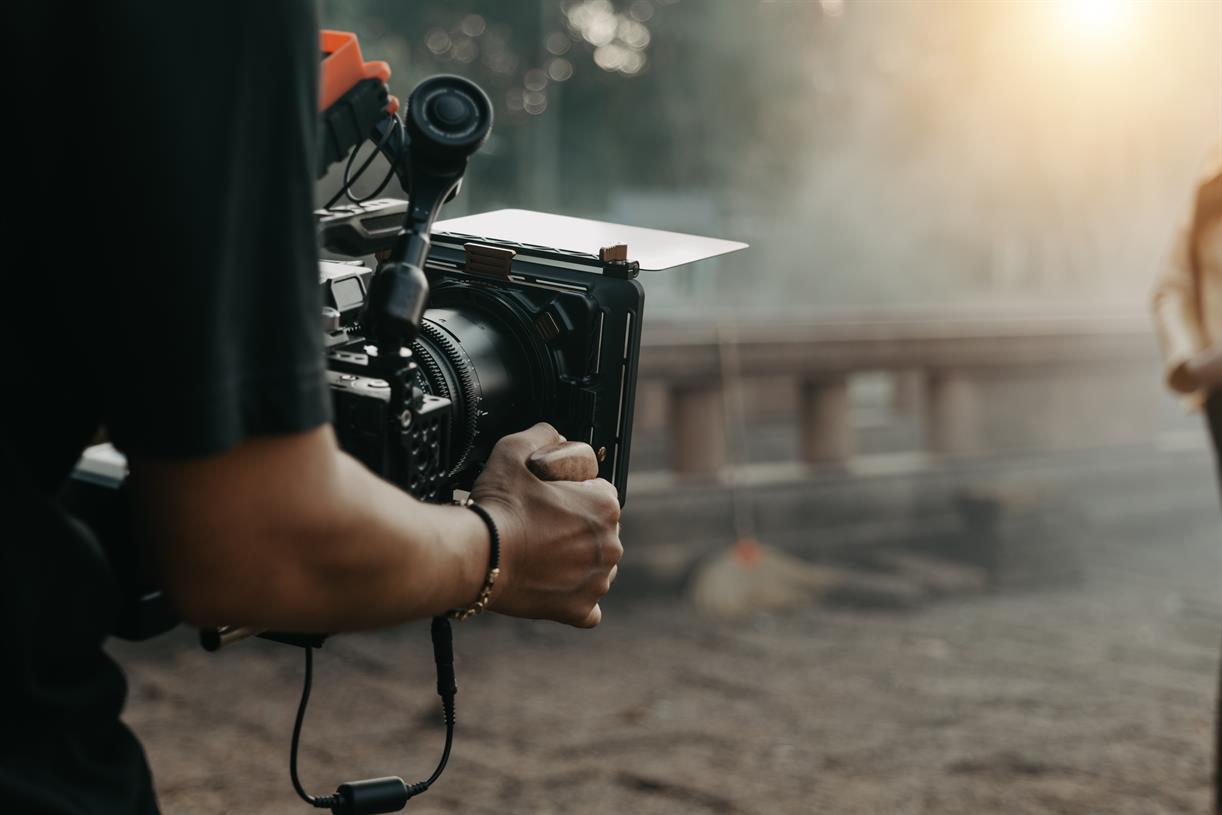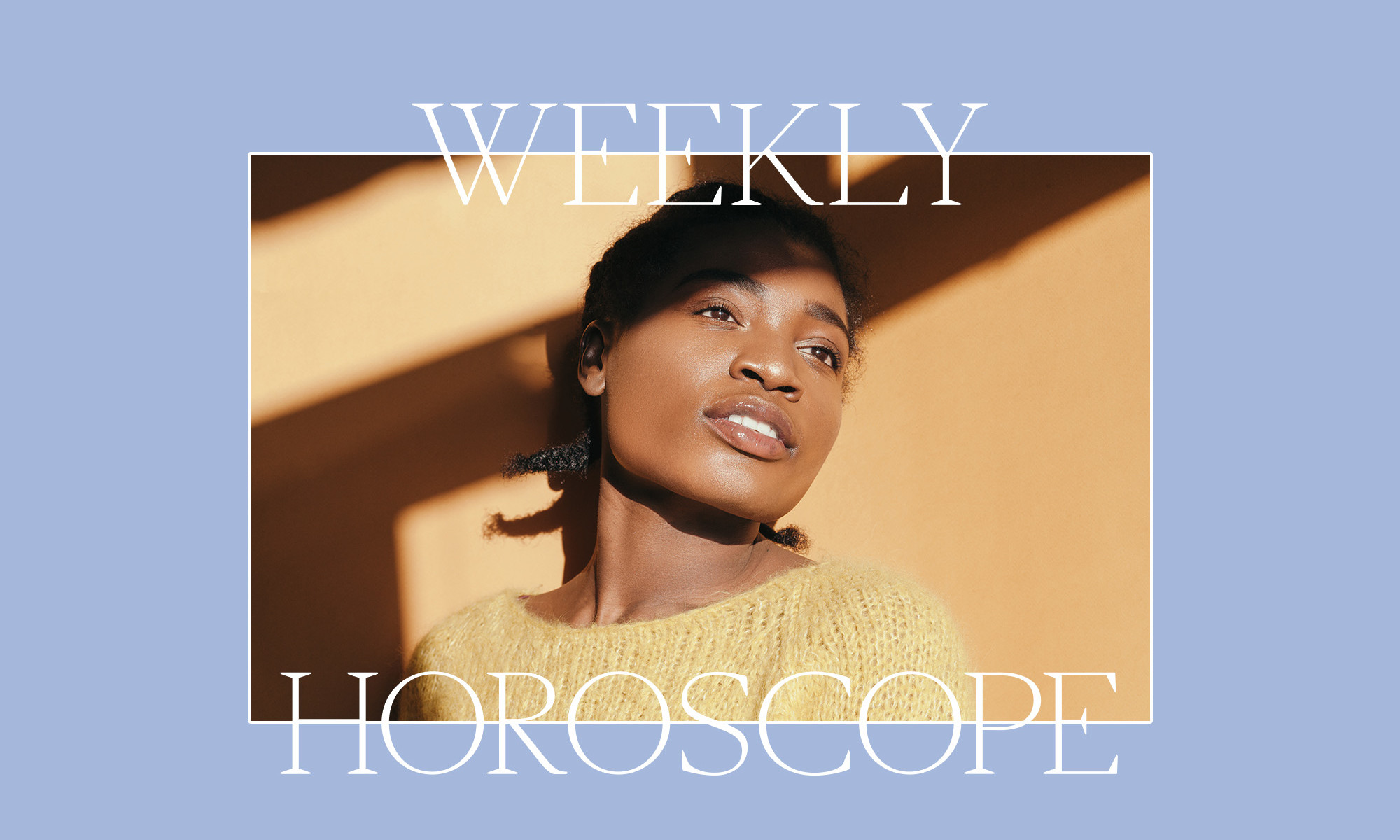Podcast pioneer Bill Simmons on how to stay relevant
Bill Simmons at the Vanity Fair New Establishment conference in 2015. | Mike Windle/Getty Images for Vanity FairHe built a business on talk. Next up: Figuring out video. In 2007, when Bill Simmons first started podcasting, he didn’t really...

In 2007, when Bill Simmons first started podcasting, he didn’t really know what a podcast was. His guests didn’t, either.
“It was like being on a first date with people. They had never done a podcast before,” the sportswriter-turned-multimedia magnate told me this month. “So over and over again, I would have these people who would come on and we would just have these wide-ranging conversations and they just loved it.”
You probably know how this story panned out. Podcasts went from novelty to mainstream, and Simmons’s stature and fortunes rose at the same time. After ESPN ditched him in 2015, Simmons went on to form the Ringer, his podcast network and website, which he then sold to Spotify for $250 million* in 2020, as media companies and investors poured billions into the podcast industry.
Over the years, I’ve followed Simmons’s efforts to turn his podcasts into something bigger. This time around — pegged to the fact that Simmons is producing the 1,000th edition of his namesake podcast this week — we recorded the conversation, and you can hear our entire talk over on my Recode Media podcast. It is, as they say, a wide-ranging conversation, but I’ve pulled out some excerpts here focused on the way podcasting, Simmons, and the larger media ecosystem have evolved over the years.
Here you can see Simmons enjoying a victory lap, as well as some fortunate timing: He sold the Ringer just before the pandemic shut down sports and then society, but Spotify’s backing meant he didn’t have to cut staff or anything else. And you can also see him itching to figure out the next thing — in his case, figuring out how to turn his long-form audio interviews into something that works in a TikTok world.
* That number comes from Simmons, who corrected me during our conversation when I pegged the sale price at around $200 million; after our chat, he also directed my attention to this Bloomberg piece detailing the payout. For the record, Spotify’s filing says it bought “Bill Simmons Media Group, LLC. for cash consideration totaling approximately €130 to €180 million.” This wouldn’t be the first time I’ve encountered a deal where the seller reports a higher sale price than the buyer does. Also, since we’re in the weeds here, I should point out that my employer, Vox Media, also runs the publishing service the Ringer uses to put out its site.
These excerpts of our conversation have been edited for clarity.
“Anybody who is ever going to be a guest on a podcast would have done a podcast by now”
Peter Kafka
When did you figure out, “Oh, this is a thing that a lot of people are listening to and a lot of people are going to listen to”?
Bill Simmons
It wasn’t really until 2009 — celebrities started asking to come on. People started mentioning it to me on the street — you know, instead of saying, “Love the column,” they would say, “love the podcast.” I thought that was interesting.
Peter Kafka
How has your approach to what the podcast is, how you do it, and who you’re making it for changed?
Bill Simmons
I think it’s become a little more reactive. I look back at the ESPN stuff, and the celebrities were a huge advantage for me back then because there weren’t a lot of podcasts. I was really just competing against Marc Maron and that was it. It was always me and him getting the best guests.
Peter Kafka
If they wanted a long-form interview with someone, they went to you.
Bill Simmons
It was like being on a first date with people. They had never done a podcast before. So over and over again, I would have these people who would come on and we would just have these wide-ranging conversations, and they just loved it. In 2015, we were at South by Southwest and we just had a bunch of guests coming on. And one of the people is Brian Grazer, the Hollywood producer. And he didn’t know what was going on. He’s like, “What is this? We’re doing an interview? Are people going to hear this?” So we did it and talked about his whole career. I didn’t have notes. I’m going through his movies, and afterward he was just like, “That was so much fun!”
I think that’s gone in 2022. I feel like anybody who is ever going to be a guest on a podcast would have done a podcast by now. You still have [exceptions] — I went to [Adam] Sandler’s office a couple weeks ago and I did one with him. He keeps a very low profile, right? He’s only been, I think, on a couple pods. And we were able to have a kind of an old-school conversation about his career in comedy, where things are going. But now I feel like the guest piece is probably a little less interesting because they’re so available on so many different pods.
What’s more interesting now is: Something just happened. How can we react? Can I have the best people, can I have the smartest take? Just being in the mix more.
Peter Kafka
So now the Celtics play and you go on that night and record an hour or two hours or more of analysis of the game, and that goes up almost right away.
Bill Simmons
I mean, my wife doesn’t love it. But you want to be in the mix. I think things move so fast now. And that’s one of the things that has changed since ’07, ’08, ’09 is just the speed that people react and consume.
Programming culture, and programming for the culture
Peter Kafka
How much of your programming is instinct versus “we’re looking at numbers and this is performing really well. Let’s do a lot more of that,” or “we thought this was going to work, but it turns out there’s no audience for this show or that movie, let’s quit”?
Bill Simmons
I would say it’s 90 percent instinct. We have this advantage, and a lot of it stems from the site — from Grantland and then the Ringer. What do people care about? And it’s not just about TV ratings or whatever. You just have a general feel — people care about this, we should be there, you know? We think about that a lot. We launched The Prestige TV Podcast last year, which has been successful for us. One of the reasons we launched that was because we just felt like Succession was a thing. It wasn’t just a good HBO show. We felt like it was going to go up a level. We could see it anecdotally with people we talked to, how it was being written about, people catching up on it during the pandemic, and we knew season three was coming.
We looked at it the same way as we did with like the NFL draft or the NBA playoffs or any of that stuff: We need to be there, so how are we going to be there? We need to feed, we need to react to the episodes. We need to go back over old episodes. We need deep-dive stuff in the middle of the week, and we just need to be all-in on the show.
Peter Kafka
But it’s not a one-to-one with audience, right? Big Bang Theory when it was on was the biggest thing on TV and no one ever talked about it. You guys, I don’t think, devoted any time to it. Yellowstone is a huge show ...
Bill Simmons
We did Yellowstone.
Peter Kafka
But you’re not blowing it out. It’s got a much bigger audience than Succession, and you guys spend way more time on Succession. It seems like that’s part just your personal interest and part like there’s an audience that will respond to it and maybe won’t for Yellowstone.
Bill Simmons
Well, [Succession is] a huge show. I mean, that always helps. It was probably 15 million [viewers] by the time everybody caught up on it. But it also was the most fun show to talk about.
One of the things that bums us out — we were just talking about this — was [the new season of] Stranger Things. I think Netflix has made such a mistake. The binge model is fine with certain shows. If it’s Outer Banks, I get it. My daughter [and] I want to watch all the Outer Banks in a row. That’s not a great show, but it’s a fun show and you just want to keep going.
Stranger Things, they blew it because if they had just put out two episodes and then another one week after that, we would have gotten eight weeks of content, discourse, writing, everything. We would have treated that show like it was the NBA playoffs. And instead it’s gone in a week.
Peter Kafka
I hear you guys say that all the time and I get it — out of your self-interest, right? It makes sense. You’d like to have eight weeks of content instead of a week. I do wonder if — and Netflix obviously is rethinking a lot of what they’re doing — I do think that maybe their aims and your aims don’t quite converge, right? Yes, you give them free publicity for eight weeks. But my son’s in middle school. Everyone at his school watched Stranger Things in the first week. They were all totally happy they watched it. I don’t think they’d be any happier if they stretched it out over eight weeks. You would be.
Bill Simmons
It’s funny, I completely disagree. I think Netflix has so few water cooler hits at this point, for them to be able to stretch one out for eight weeks ... like just look at the difference with Succession. Look at a show like [HBO’s] Winning Time. I think if Winning Time was a Netflix show and they just dropped it all at once, I think that show dies. I think people would watch one episode or two and that would have been it. But because it was on every week, I know people in my life who just gave it a second chance or third chance, whatever. Stranger Things — to me it’s like, can you own the narrative?
And they’re competing with all this other stuff that’s coming out, right? Like within a week, Top Gun’s in there, too. You’re competing for eyeballs and attention. And I think that show specifically, with all the theories and the conspiracy stuff and all the stuff that comes out, you almost need a week to digest each episode. “What does this mean? Where is this going? What’s that?” That’s part of experiencing the show. I just think they blew it.
“The 40 raw minutes were better than the 12 edited minutes”
Peter Kafka
You’ve done TV a few times. You were on ESPN back in the day, and you had a short-lived HBO show. Now you’re making a lot of movies and docs for HBO. Do you ever want to be on camera again?
Bill Simmons
The film stuff has been something that I’ve spent a lot of time on and I do feel like we’ve created something really cool. I think we’re a player in that space. From the TV side, I just didn’t like it that much.
I look back at what happened with the [HBO] show, and there’s a million things I would do differently, but ultimately I went into that show with the mindset of “these interviews I’m doing on my podcast are really hitting. people love them. This should work as a TV show.” But the reality is podcasts have replaced shows like that. And I think by 2017, I realized that.
I had Kevin Durant on the [podcast] the first time in 2017. It was probably like three or four months after my [HBO] show got canceled and we went to this restaurant, we just talked.
Back then, it didn’t feel as normal to just have one of the best players in the world sit down for an hour and 20 minutes and just record it. And we ended up doing, I think, six [interviews]. But that first one, that was when I realized: “This is just better than [TV].” Because I had him on my TV show. We did a really good segment — me, him, and Nas — that we edited into, I don’t know, 12 minutes, but we went for 40. And the 40 raw minutes were better than the 12 edited minutes. So stuff like that made me think, “What is the upside at this point of a TV interview show versus a podcast?”
Just look at all the talk shows that have launched — all the streamers have tried them. I think maybe the last late-night show that launched successfully was [The Late Late Show with James] Corden? Is that possible?
Peter Kafka
John Oliver?
Bill Simmons
Yeah, but John Oliver’s not a talk show, John Oliver’s a content show. So think about how many successful pods have launched with huge audiences and they’re on demand. I think the future for us with Spotify … is the video player on their app. It’s a huge differentiator. We have to get that to the point that it basically becomes TV on your phone on the Spotify app. And that’s something nobody else has. And we know it. We have [Joe] Rogan and we have Alex Cooper and some other people. To be able to see what you’re watching — that’s what people under 25 want. My son doesn’t want to listen to anything. He wants to watch what he’s listening to.
“It’s like being on a huge boat and you just never know what’s going to happen”
Peter Kafka
You sold the company in early 2020, right before the pandemic. Other than a lot of money — $250 million — why sell to Spotify? And walk me through how you went from not trying to sell the company to selling the company.
Bill Simmons
Two things. One was, we didn’t need to sell. We never hired a banker. I wasn’t sure when we would sell it, [or] if we would sell.
Peter Kafka
You bankrolled this yourself mostly, right? HBO helped out.
Bill Simmons
HBO helped out a little.
Peter Kafka
Did you bring on other investors?
Bill Simmons
I did not.
Peter Kafka
Okay. So it’s all you. Your call.
Bill Simmons
Pretty much. I think we were looking at it feeling like we were a mid-major in college basketball — that we could compete, we could get to the tournament, we could win some games, maybe we could even make the final eight. But ultimately, until we were aligned with somebody bigger, it just felt like it was going to be tougher for us to attract talent and retain talent — not just talent on podcasts and writers and stuff like that, but people behind the scenes. I look at the infrastructure we have now [at Spotify] — from a hiring standpoint, from a sales standpoint, all these things — we’re able to take that stuff off our table so we can just concentrate on what we’re good at. That really helped us.
So for me, competitively, I looked at Spotify and looked at the trajectory of where I thought they were going, that I thought they had a chance to be the leader in audio. I knew how I felt about audio and all the opportunities there, and I felt like we were in pole position with it. And it just seemed like “this makes sense. I feel like I’m catching these guys at the right time.”
Peter Kafka
Were other folks coming and saying, “Go with us instead of Spotify; we will match that offer, we will beat that offer”?
Bill Simmons
We really had people kicking the tires on us the whole time. But I was so determined to be my own boss and not have to work for somebody else. After the ESPN experience, I just wanted to be on my own. I wanted to have my own thing. I wanted to be in charge of it. … Starting probably in 2019 range, you start going, “Is there a ceiling on this? What are we going to look like two years from now?”
I mean, the pandemic. Jesus. If we had been on our own for that, that would have been — I think we would have been fine. But it was a lot easier to digest being part of Spotify.
Peter Kafka
So you spent a long time working for Disney. You got fired. You went and built your own company.
Bill Simmons
I did not get fired.
Peter Kafka
They did not renew your contract.
Bill Simmons
They did not renew my contract.
Peter Kafka
Which they announced in the New York Times before telling you.
Bill Simmons
Yeah, because they were being dicks.
Peter Kafka
So now you are working for Spotify and [CEO] Daniel Ek. What did you learn from being an employee at Disney that’s going to change the way you work for this company?
Bill Simmons
Good question. Well, first, I’m older, which I think helps. I definitely look back at some of the — I’m not saying I was blameless in some of the ESPN stuff. I think if I had to do over an ESPN thing, I just, I don’t know why I cared so much about some of this stuff, you know?
From my standpoint, yeah, I maybe shouldn’t have cared so much that this happened or that happened or whatever. Should I have cared that we didn’t have a social media editor four years into the site? Yeah, I should have. But I think from a Spotify standpoint, I think just realizing that with a big company, sometimes things get clumsy, [and] you have no control over it. Sometimes this person will leave and that sucks or whatever — you just kind of have to ride it. It’s like being on a huge boat and you just kind of never know what’s going to happen. When you’re in control of your own stuff, it just feels more serene, even though it’s not. So much more stuff’s out of your control at the big company. You have to learn how to deal with that.
“I want to see how the next year goes for us”
Peter Kafka
How much longer are you at Spotify? You sold two years ago. Usually when you sell a startup, it’s a four-year deal.
Bill Simmons
I have a couple of years left.
Peter Kafka
And what happens after that? Do you stay on as an employee? Do you have an itch to make a new thing?
Bill Simmons
I don’t know. I haven’t thought about it, and I’m not going to worry about it because I feel like we’ve grown. We’ve been able to grow the Ringer so much. And I’m so proud of all the people we have and especially the way some of the people behind the scenes have really grown and taken on more stuff.
And then from a Spotify standpoint, to even think about it when we’re just going back in the office — like, we had a managers meeting on Monday and had I think 30 people in our office all together? We have like 150 employees at this point. And that was the first time we’d had more than 10 people in the office since March 2020. So it’s hard for me to think about what’s next when I don’t even feel like we’ve had a fair chance at just having a normal office and whole organizational situation. So hopefully that will go back to normal. I want to see how the next year goes for us.
“It’s really tough to interview somebody who meant a lot to you”
Peter Kafka
Who is your dream podcast guest you haven’t had?
Bill Simmons
It’s David Letterman. That’s always going to be the answer.
Peter Kafka
He seems available, no?
Bill Simmons
I know. It’s tough. It’s weird. I’d almost be afraid to ask because I wouldn’t want to fuck it up, and I think I’d be nervous. The only time I really had, like, nervous energy for a podcast was Larry Bird, which we did in person in Indiana. And it was funny because I did an Obama podcast in the White House, I think within probably a month of that. And I was way more nervous for Bird. I just didn’t want to screw it up.
So I think with Letterman, there’s so much to ask. It’s really tough to interview somebody who meant a lot to you. Eddie Murphy would be another one. He would never do the podcast. But the people that I grew up [with], who just had this profound influence on me.
[Jimmy] Kimmel goes the other way. Kimmel, like, befriends everybody that he loved when he was a kid. He’s friends with Huey Lewis and Letterman and Howard Stern. He goes the whole other way. When I meet people like that, I feel like I’m a 14-year-old again. So I think the Letterman thing would be a good challenge for us.

 JimMin
JimMin 










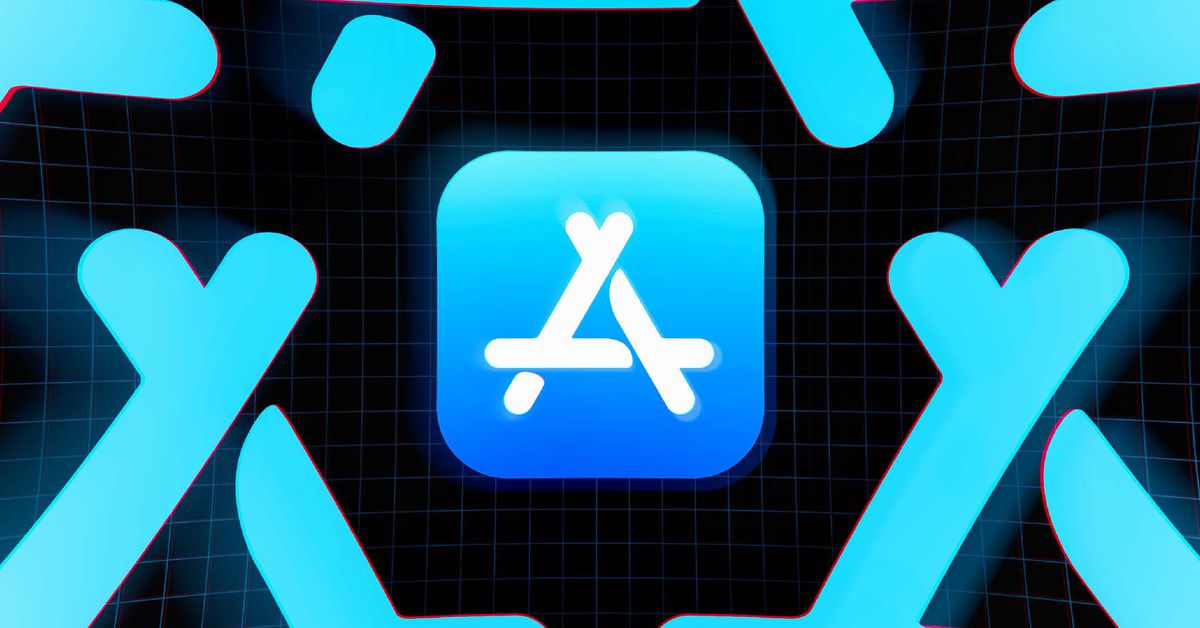
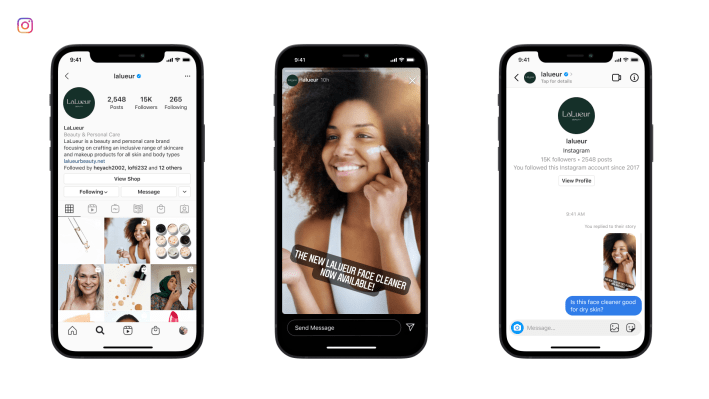
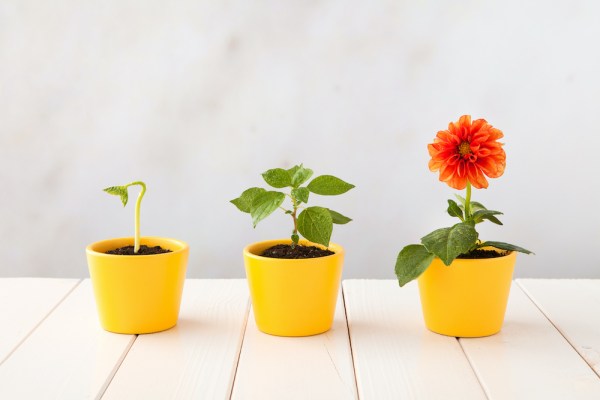
















.jpg)

